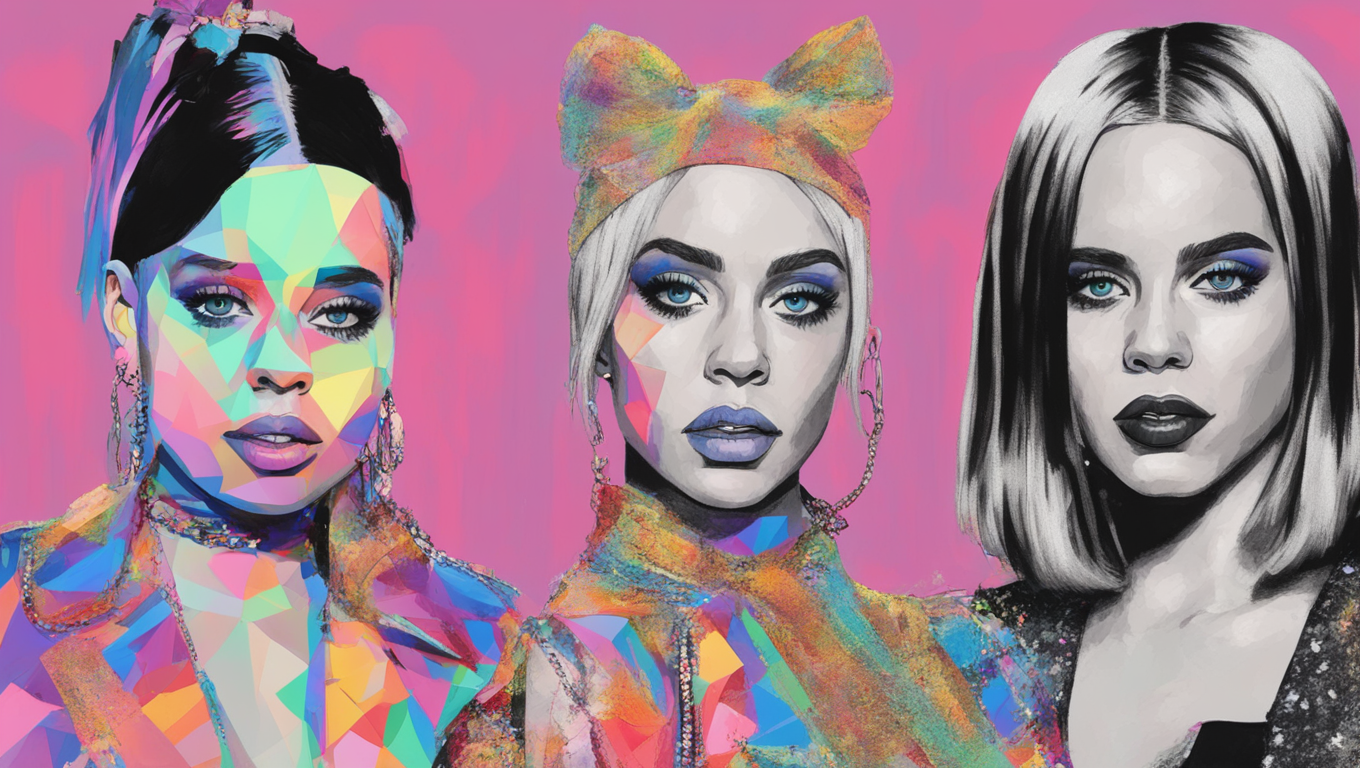Billie Eilish, Nicki Minaj, Katy Perry, and the estate of Frank Sinatra are just a few of the 200 artists who have come together to demand an end to the “predatory” use of artificial intelligence (AI) in the music industry. In an open letter organized by the Artists' Rights Alliance and posted on the long-form writing site Medium, these artists are calling on tech giants, including YouTube, to pledge not to develop AI music-generation tools that undermine or replace the human artistry of songwriters and artists.
The artists argue that if AI is left unchecked, it will have detrimental effects, leading to a “race to the bottom” in terms of creativity and fair compensation. They believe that AI technology is being used irresponsibly and without the consent of artists, infringing upon their rights and devaluing their work. They argue that the way artists' work is being used to train AI models and systems is not only an assault on human creativity but also a violation of creators' rights and a threat to the music ecosystem.
Tom Kiehl, interim head of industry association UK Music, shares these concerns, stating that the use of artists' work to train AI without their permission amounts to “music laundering.” He calls for a more responsible approach, where artists give their consent and receive proper credit and compensation for the use of their work on AI systems.
This call for action comes as the music industry grapples with the impact of AI-generated music. Recently, a song that used AI to mimic the voices of Drake and The Weeknd went viral online, causing an uproar among artists. Drake himself voiced his disapproval, and the song was eventually pulled down from streaming platforms. Other artists, such as Sting, have expressed their concerns about the rise of AI-generated music, calling it a battle to defend the work of human musicians.
However, it is important to note that not all musicians oppose the use of AI in the music industry. Electronic artist Grimes and DJ David Guetta are among those who support the use of AI tools. Grimes has even encouraged fans and budding musicians to use her voice without penalty and has expressed willingness to split royalties on successful AI-generated tracks using her voice.
The debate around the use of AI in music raises important questions about the future of human artistry and fair compensation in the digital age. As technology continues to advance, artists and industry leaders must find a balance between embracing innovation and protecting the rights and value of human creativity. The concerns raised by these artists serve as a reminder that AI should be used ethically and responsibly, with the consent and involvement of the artists who contribute to its development.





Use the share button below if you liked it.